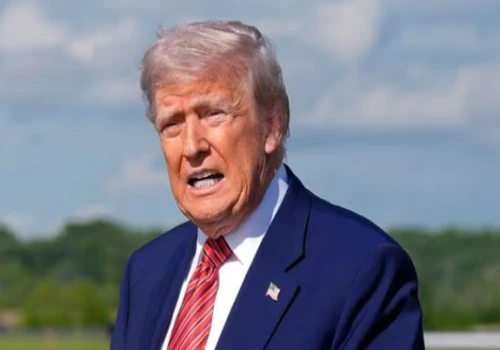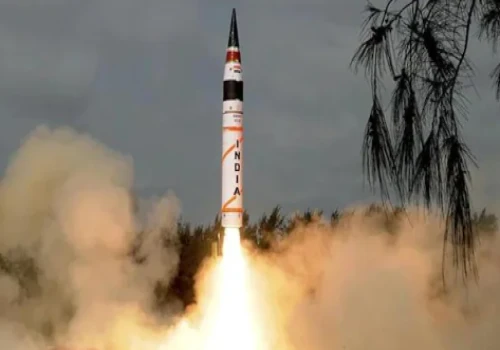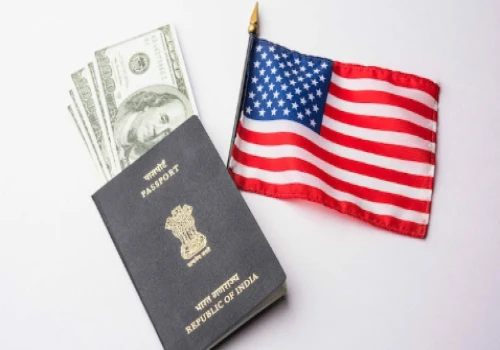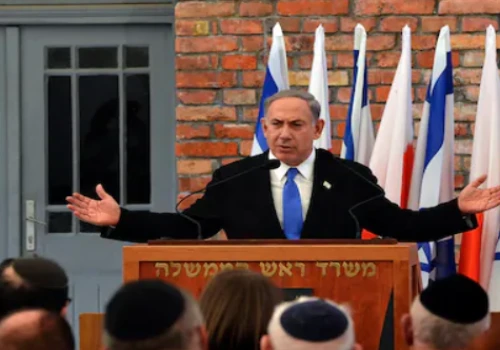
India has signalled a very definite shift in its counterterrorism policy with the launch of Operation Sindoor, marking what officials describe as a "new normal" in addressing cross-border terrorism from Pakistan.
The operation began at dawn on May 7, after the April 22 Pahalgam, Kashmir, terrorist attack killed 26 Hindu tourists. India blames Pakistan-backed terrorist groups for the attack. In response, Indian forces launched precision attacks on nine terrorist infrastructure targets in Pakistan and Pakistan-administered Kashmir against groups like Jaish-e-Mohammed and Lashkar-e-Taiba.
Indian forces attained their military goals within 30 minutes of the first strikes, as per sources close to the operation. Pakistan retaliated with attacks on Indian military installations on May 8, 9, and 10, leading India to attack Pakistani military installations, including air defense systems, radar installations, and command and control facilities.
PM Narendra Modi is said to have directed the military to act firmly against any aggression by Pakistan and asserted, "Wahan se goli chalegi, toh yahan se gola chalega" (If they shoot bullets, we will fire cannons). This directive underscores India's resolve to raise the price of such cross-border terror operations.
Following four days of intense engagements with drones, missiles, and long-range weapons, both nations agreed to end military operations on Saturday. However, Indian officials claim that Operation Sindoor has not been concluded and the new counterterrorism policy will persist."The measures taken by India are directed at establishing and defining a new normal in the relationship. It is not business as usual," said a top official.
Besides military retaliations, India suspended the Indus Waters Treaty and revoked travel privileges of Pakistani citizens under the SAARC Visa Exemption Scheme. Diplomatic relations have been downgraded to include the expelling of Pakistani military advisers in New Delhi and Indian counterparts from Islamabad.
The international community has been alarmed by the escalating tensions between nuclear-armed neighbors. World leaders, from the United Nations, the United States, and the European Union, have urged restraint by both countries and diplomacy to prevent further escalation.

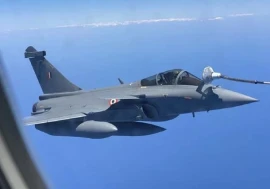

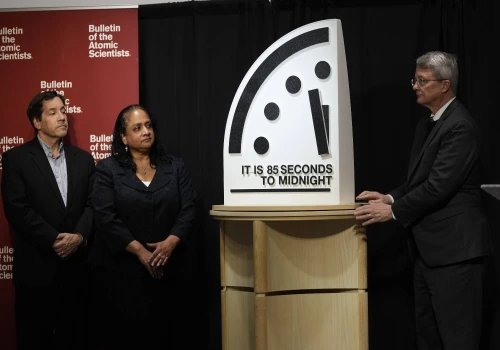

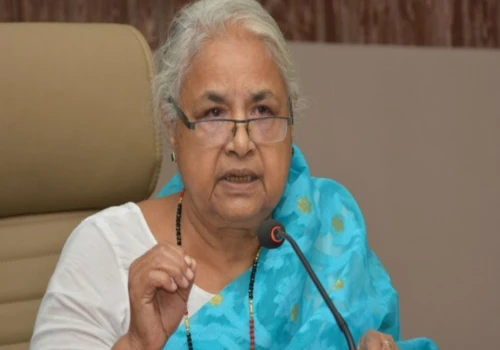
_500_x_350.webp)

